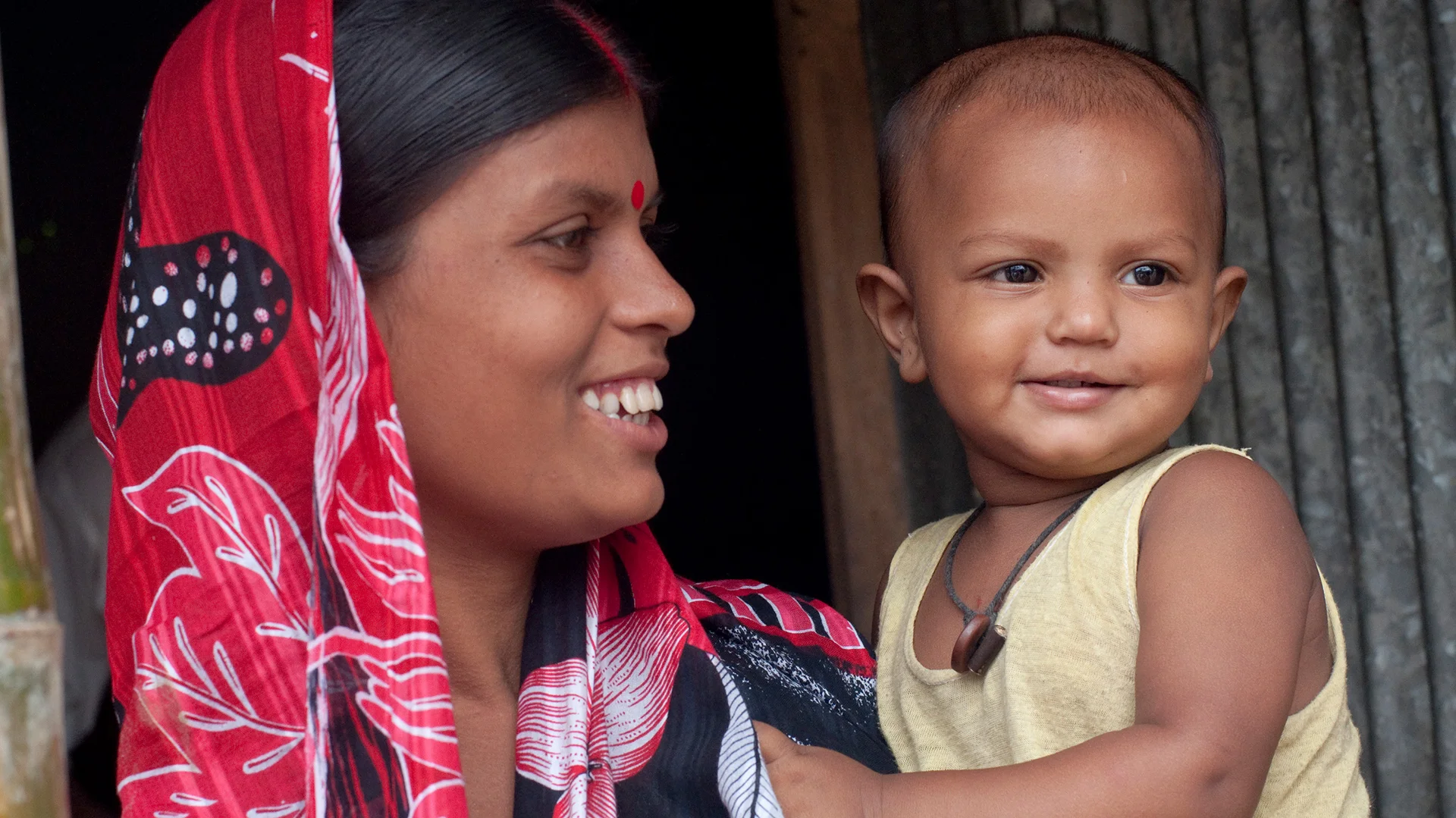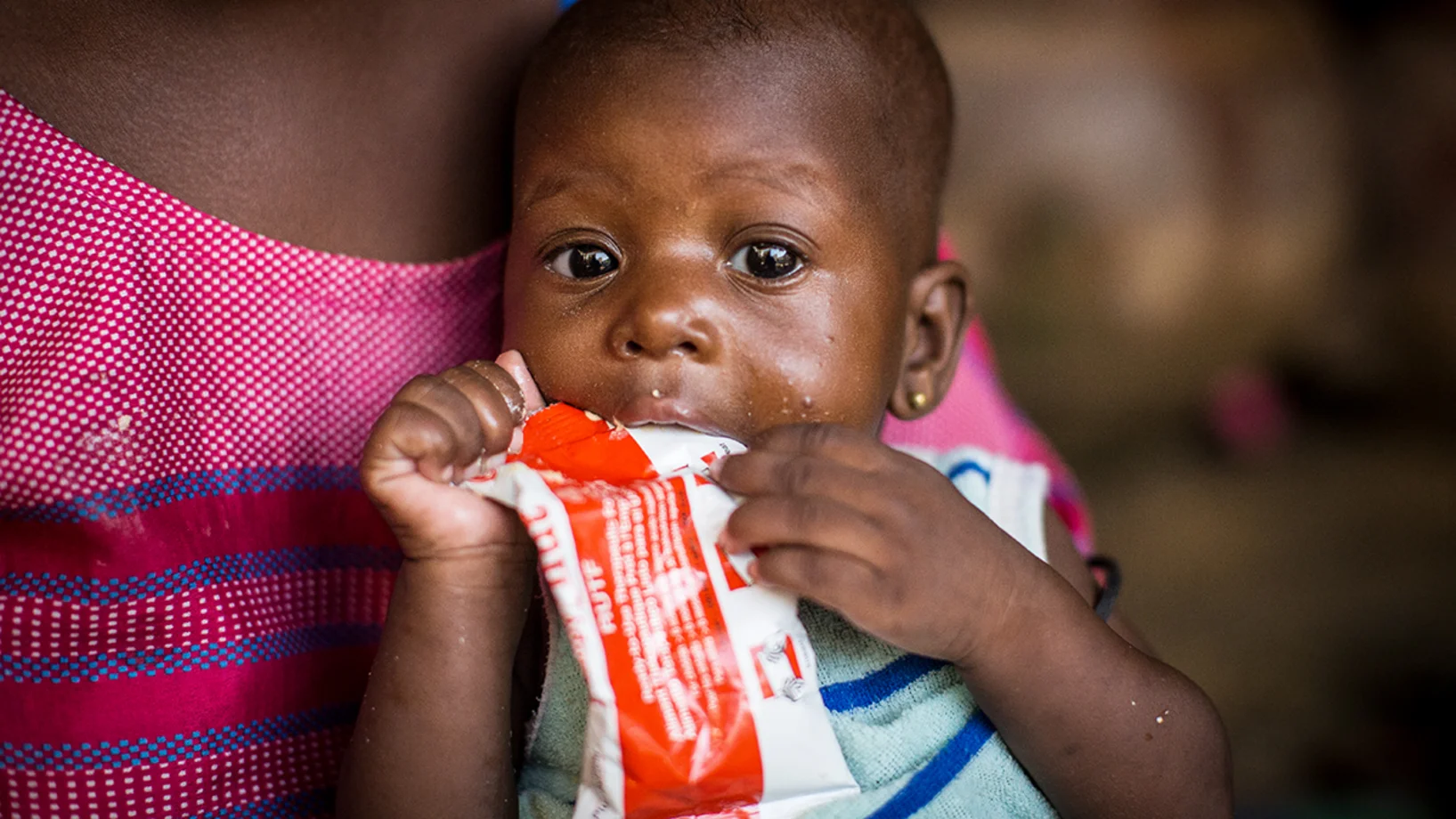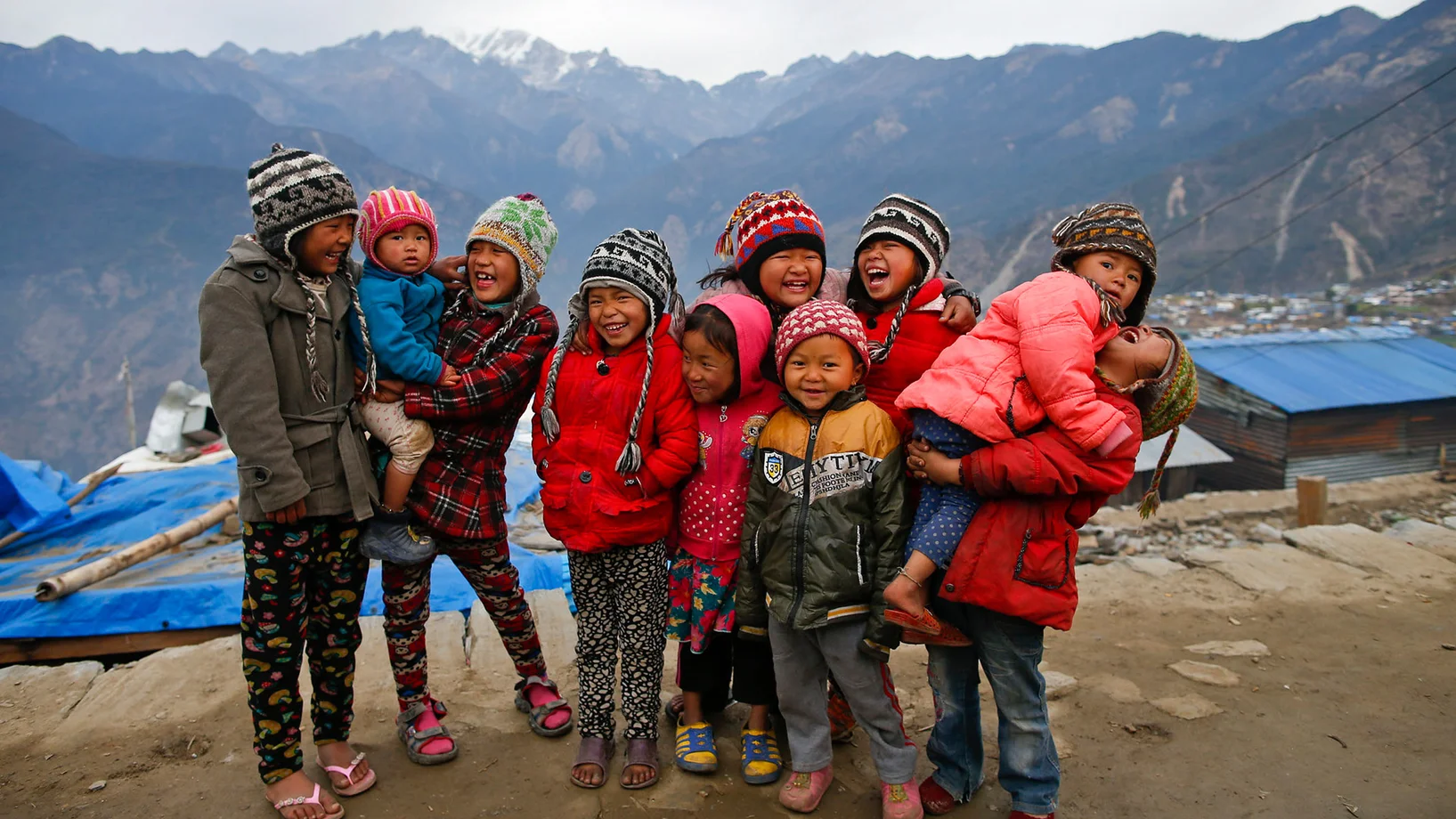Pneumonia is the leading cause of death among children under five in Bangladesh. With the right medical treatment, most of these children could be saved. However, due to a shortage of hospital beds, UNICEF has been looking for alternative approaches.
The situation
Bangladesh has made a great deal of progress in recent decades when it comes to combating child mortality. Between 1990 and 2017, the number of children who did not live to see their fifth birthday fell by 77 percent. However, nearly 100,000 children under the age of five still die each year from largely preventable causes.
Pneumonia is the most common cause of early childhood deaths in Bangladesh. Fewer than half of all sick children are treated by trained staff. Most antibiotics are obtained from informal sources, which means that their effectiveness is limited.
Many children who contract pneumonia also suffer from malnutrition. In these cases, they should be treated in hospital. As is the case in most developing countries, however, Bangladesh does not have enough hospitals, let alone pediatric wards. As a result, alternative treatment options need to be found for children who are too ill to be cared for by their parents at home.
How UNICEF helps
UNICEF is promoting an approach whereby children with pneumonia are cared for in health centers during the day and then left with their parents overnight. This strategy, known as the Day Care Approach (DCA), offers a number of advantages. Firstly, treatment in day care centers is much less expensive than hospital care. Secondly, the approach is straightforward and easily transferable to most existing clinics and health centers not only throughout Bangladesh but also in other developing countries as well. All it takes is suitable staff training and functioning logistics. Last but not least, the approach frees up hospital beds for children who urgently need them for other reasons.
Two studies to test the effectiveness of this strategy have shown promising results. In fact, children with severe pneumonia can be treated just as safely and successfully in a day care setting as in hospital, even if they are also suffering from malnutrition. Staff at clinics and health centers are now receiving suitable training and being equipped with the necessary medicines and supplies.
The program is fully funded and is currently being implemented. A big thank you to all donors!


